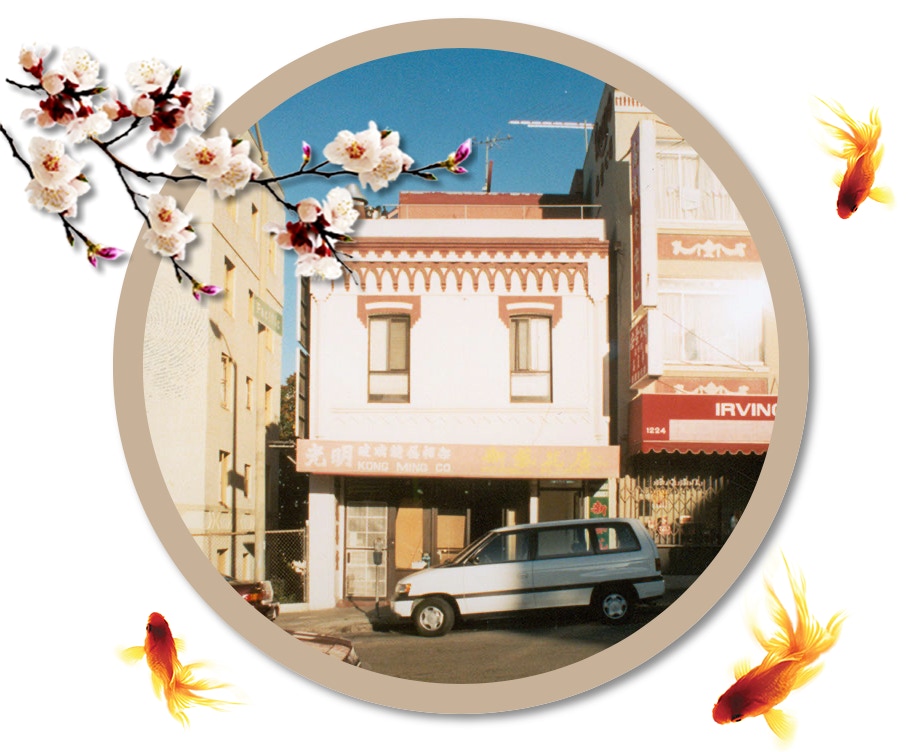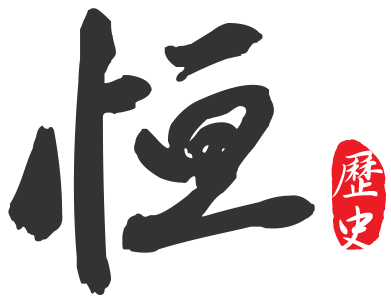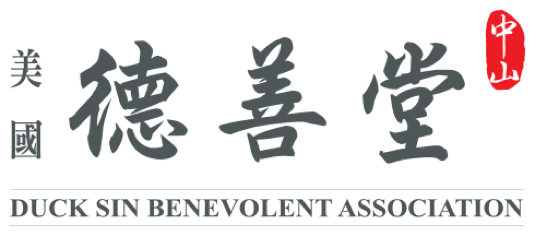


A brief history of Zhongshan Duck Sin Tong (德善堂)
Who wishes to live indefinitely in a foreign land? The only hopes were to save a little money, return home in glory, build a house, buy a farm, and make our ancestors proud. Who would record that history?
However, worldly things change dramatically; foreign land becomes our home. The past is difficult to anticipate. Now we wish to record what we hear and see. Although it may be scanty and rare but at least, it would provide our hometown folks some future reference.
Duck Sin Tong is fortunate to have its predecessors’ hard work; and can rely on the efforts made by its Chairperson, Board of Directors, Overseers and Board Members. After undertaking hard work and having today’s achievements, it did not fall short of the expectations of predecessors.
In the past, Chinese were subjected to racial discriminations and abusive treatment by white Americans. For self-protection, Zhongshan townsfolks set up mutual aid and mutual love, and thus the benevolent organization (tong) was formed. In the early twentieth century, most of the Zhongshan township folks lived in Locke, Walnut Grove, Courtland, and other townships near the Sacramento Delta area in California. These townships are commonly called Tai Hang (大坑) by the Zhongshan people where they farmed. At that time, there was an organized contact with Yeong Wo Benevolent Association. (陽和總會館).
Since 1932, Zhongshan townsfolks gradually returned to San Francisco. They used Yeong Wo Benevolent Association assembly hall for the first time to hold conferences and general elections. They elected the chairman, Board of Directors and elected nine representatives to attend Yeong Wo meetings. The three groups of three representatives each covered the areas Business, Academic and real estate property. They began to organize the Board of Directors, established the by-laws, and held regular meetings. There was no fixed meeting place at that time; the meeting place was at Zhongshan townsfolks’ shops.
In 1955, funding was raised in the construction of Duck Sin Tong burial grave site. It was proposed to use the remaining fund to purchase real estate property. The building at Valparaiso Street was purchased. This is the first property acquired by Duck Sin Tong. This lay the foundation for future building exchange.
In 1960, Duck Sin Tong amended the By-laws and implemented the executive committee system. In May 1973, Duck Sin Tong rented 11 Jason Court, (formerly Sullivan Alley - 金菊園巷), near Jackson Street as a temporary meeting place and as a gathering place for Zhongshan township folks. And in that year, Duck Sin Tong established the property purchasing fund.
In 1974, after numerous difficulties, Duck Sin Tong finally purchased the current 1234 Powell Street building. Due to insufficient fund, Duck Sin Tong requested township folks and used financial pool loans method to purchase the building. In August 1980, Duck Sin Tong formally moved into the building.
In November 26, 1978, the By-laws again were amended. It was changed to the current General Assembly system. This enables Duck Sin Tong to conduct conferences, provide services and hold business meetings.
Starting in 1980, the annual picnics were held in autumn, the number of participants gradually increased and the event became quite successful.
In 1979, a scholarship fund committee was set up. Five scholarships were awarded for the first time in 1981. Subsequently, each scholarship award ceremony was also held at the annual autumn picnic. Since 1981, Yeong Wo Benevolent Association gives generous donations to the scholarship fund. This enables Duck Sin Tong to achieve the goal of encouraging our students to advance to college graduation. The scholarship program has been very successful.
In 1982 the Mid-autumn Festival was held to express solicitude to the elderly. This is to reach deeper into our relationship and feelings of the elderly.
In 1987, the conference room was added and built on the third floor to make further improvement of Duck Sin Tong building.


